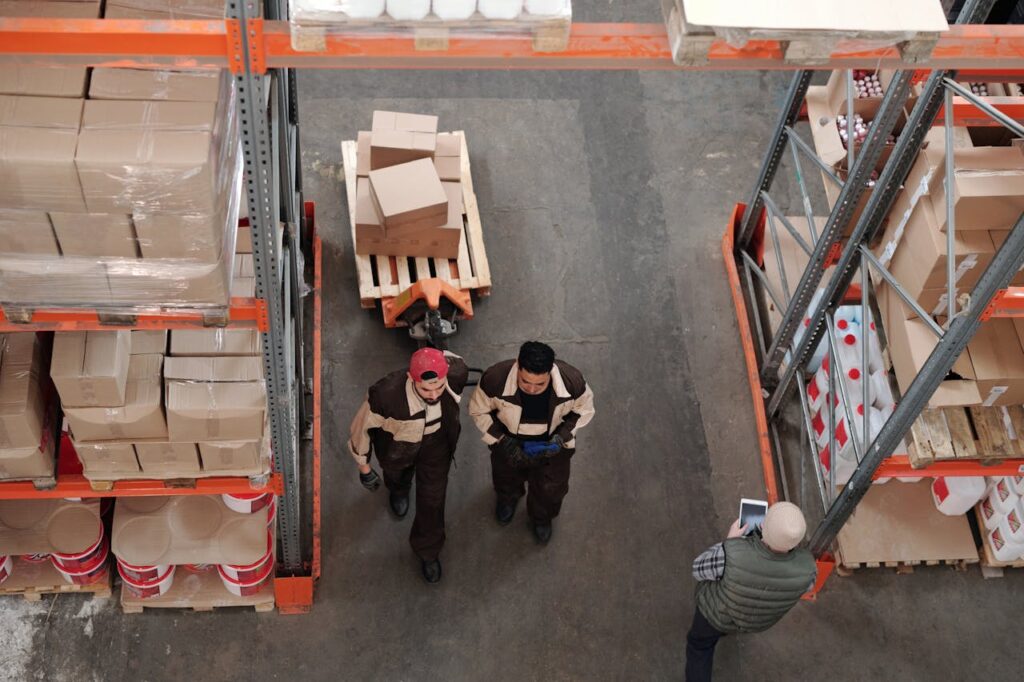The Mexican government has proposed to Congress the creation of a simplified customs clearance process for imports by parcel delivery and courier companies.
In the reform of the Customs Law, the government proposes the creation of a simplified procedure for these e-commerce companies, but with one crucial condition: imports under this scheme will not be deductible for income tax purposes.
Simplified customs
As of August 15, 2025, parcel imports in Mexico will face a key change. The tax has increased from 19% to 33.5%. This adjustment impacts consumers and companies that purchase products from abroad without existing trade agreements.
The new tariff applies in conjunction with VAT and customs processing fees. In addition, goods with a customs value of more than one dollar are no longer exempt, except those from countries with agreements such as the USMCA or the Pacific Alliance.
In Mexico, the main parcel delivery companies—DHL, FedEx, Estafeta, Mercado Libre, UPS, and Redpack—maintain national and international coverage.
The increase in shipments poses growing challenges. Problems arise with incorrect declarations, data security, and fraud. Consumer protection is also a concern. For this reason, international treaties set clear requirements. These include logistical control, adequate infrastructure, and the payment of taxes.
ANAM may authorize courier and parcel delivery companies to carry out simplified shipments if they have reliable risk analysis systems in place. This scheme will reduce administrative burdens and streamline operations. However, it requires contributions to be correctly determined on the basis of quotas.
Customs control
With these measures, the government seeks to strengthen control and security in the payment of contributions related to e-commerce. The objective is to prevent the splitting of shipments, undervaluation, and false declarations that affect tax collection.
Courier and parcel companies must calculate contributions by applying the factor published by the Ministry of Finance on the customs value or commercial value. This provision ensures uniformity and accuracy in the determination of tax obligations.
The initiative also requires authorized companies to have a risk analysis system in place to detect customs non-compliance. In addition, they must grant online and real-time access to the authority to supervise operations.
Similarly, the obligation to keep documentation and information on the value, description, nature, and origin of goods is established. Likewise, the SHCP will publish a factor calculated based on current tariff rates by chapter, which will allow for differentiation by economic sector.

